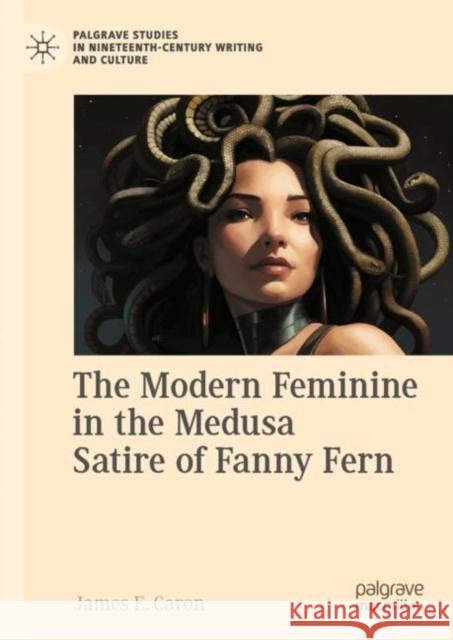The Modern Feminine in the Medusa Satire of Fanny Fern » książka
topmenu
The Modern Feminine in the Medusa Satire of Fanny Fern
ISBN-13: 9783031412752 / Twarda / 2024 / 285 str.
Kategorie:
Kategorie BISAC:
Wydawca:
Springer International Publishing AG
Seria wydawnicza:
ISBN-13:
9783031412752
Rok wydania:
2024
Ilość stron:
285
Wymiary:
21.0 x 14.8
Oprawa:
Twarda
Dodatkowe informacje:
Wydanie ilustrowane











